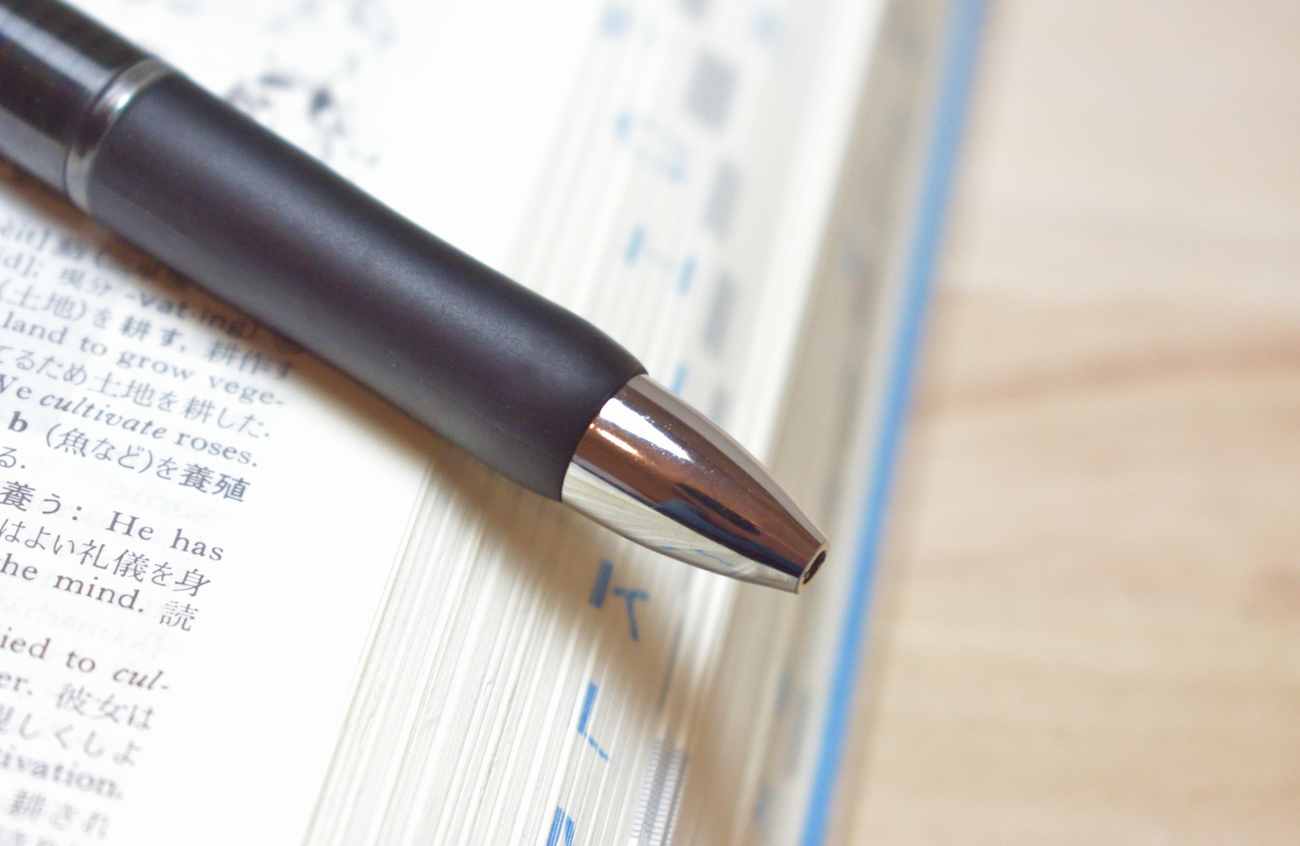
I am an introvert. Needless to say, I am terrible at striking up conversations in real life.
That is something I need to do ironically during my lessons, which usually begin by either giving a self-introduction to each other or a 5 to 10 minute chat. I do feel a lot more comfortable
with small talk now that I’ve been with my company for quite some years and have sort of created my own set of conversation starters. These questions would often go like:
Can you tell me about yourself?
How was your weekend?
What’s new since the last time I saw you?
Small talk does get a little dull to both the student and the teacher when questions more or less the same are asked each time. I have a confession to make: the lazy part of me somehow keeps me from being creative. And so I keep repeating my questions over and over again until I get so tired of them and ask myself, “What’s the point? Why am I asking these?” That’s when I need to remind myself of the very reasons why free talk is important.
Developing rapport

Sometimes I hear it is important for a teacher to teach something out of their chat, or correct a student’s mistake when she makes it.
But let’s not forget that there are other reasons why chatting is important. If you ask me, developing good rapport is above all else. Making sure the student feels comfortable at the beginning is going to help so much with the rest of the lesson! Besides, anything your student tells you can be of use later when customizing your lesson, like coming up with activities to practice a certain target language point or grammar.
There’re still tons of opportunities later to practice accuracy and learn new things.
Allowing the student to explore the language
I still remember our Trinity certTESOL course instructor, who is from the Netherlands, gave us trainees a Dutch lesson so we could reflect on qualities needed for a good lesson.
Though it wasn’t explicitly taught, it was implied in his teaching that it was okay to make mistakes, especially during a freer speaking activity. That’s because the occurrence of a
mistake comes from a teacher allowing the learner to explore the language themselves. (And as a student of Dutch myself, I didn’t want my teacher to constantly correct my mistakes and interrupt my train of thought either.)
This has cast a rather great influence on me on the way how a free chat should be carried out, that is to develop fluency, creative language use and an experience closer to real communication.
If there really is a need to make corrections, I try not to do it at the expense of interrupting the flow of the conversation, say by making delayed corrections after the conversation is done.
Let’s keep creating a fun learning environment for every student to learn, and last but not least – I should alter my questions to keep my future free talk interesting!


